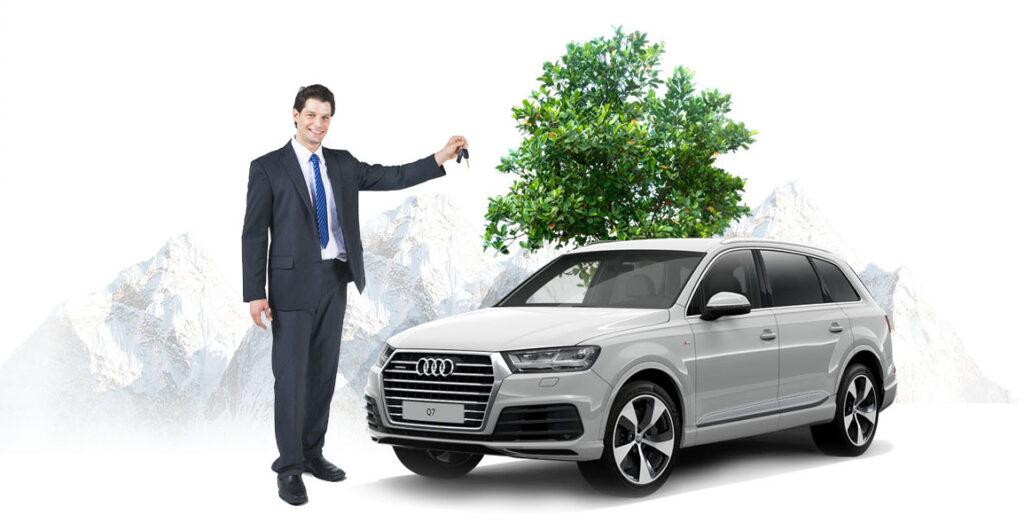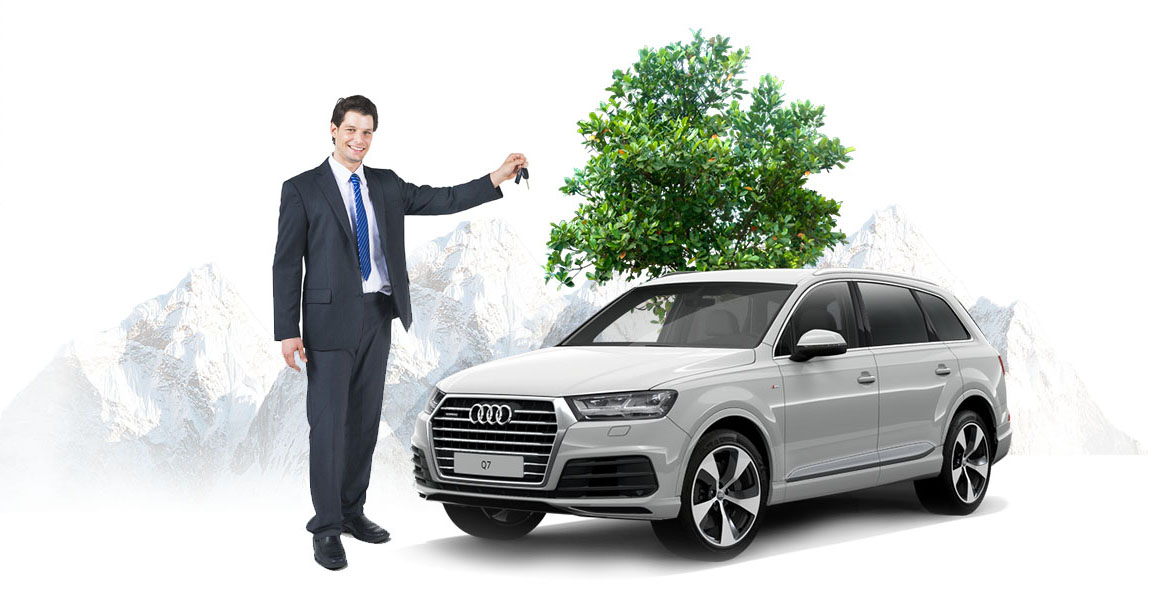As the automotive market evolves in 2025, consumers face a critical decision when acquiring a new vehicle: should you lease or take out a loan? Each option offers unique advantages and challenges, and the right choice depends on your financial situation, driving habits, and long-term goals. In this article, we’ll compare leasing and buying with a loan to help you make the most informed and financially sound decision.

Understanding the Basics: What Is Leasing vs. Buying with a Loan?
Leasing a Car: Leasing is essentially a long-term rental. You pay to use the car for a set period (typically 2-4 years) with mileage limits and wear-and-tear restrictions. At the end of the lease, you return the car or buy it at a pre-agreed price.
Buying a Car with a Loan: When you finance a car with a loan, you borrow money to purchase the vehicle outright. Once the loan is paid off, you own the car and can use it as long as you like without restrictions.
Pros and Cons of Leasing a Car in 2025
Pros:
- Lower Monthly Payments: Lease payments are typically lower than loan payments.
- Drive a New Car More Often: Leasing allows you to upgrade every few years.
- Lower Repair Costs: Most leased vehicles are under warranty, reducing repair expenses.
- Less Upfront Cost: Down payments on leases are usually lower than on loans.
Cons:
- No Ownership: You don’t build equity in the vehicle.
- Mileage Limits: Exceeding the limit (often 10,000 to 15,000 miles/year) can lead to costly fees.
- Wear-and-Tear Charges: You may be charged for excessive wear.
- Customization Restrictions: You can’t modify a leased car.
Pros and Cons of Buying a Car with a Loan in 2025
Pros:
- Ownership: You own the vehicle after the loan is paid off.
- No Mileage Restrictions: You can drive as much as you like.
- Freedom to Customize: Modify the car as you wish.
- Long-Term Savings: After the loan term ends, you have no car payments.
Cons:
- Higher Monthly Payments: Loans typically cost more monthly than leases.
- Depreciation: The car loses value quickly, especially new ones.
- Repair Costs: You’re responsible for all repairs after the warranty ends.
- Larger Down Payment Required: Buying often requires a bigger upfront investment.
Key Factors to Consider in 2025
1. Financial Situation If you need lower monthly payments and minimal upfront costs, leasing may be more attractive. However, if you want to build equity and save long-term, buying is often the better choice.
2. Driving Habits High-mileage drivers may find leasing less suitable due to strict mileage caps. If you commute long distances or take road trips, buying offers greater freedom.
3. Car Usage and Maintenance Leasing works well if you plan to drive a new, low-maintenance car and avoid heavy wear. If you tend to keep cars longer or drive in rough conditions, owning is more cost-effective.
4. Long-Term Plans Buying is better if you intend to keep the car for more than five years. Leasing is ideal if you prefer always having the latest model.
5. Credit Score Impact Both leasing and loans require credit checks. A higher credit score helps secure better lease terms or loan rates. If you have poor credit, buying a used car with a loan may be easier to get approved for than a lease.
Cost Comparison: Lease vs. Loan Over 5 Years
Let’s say you’re considering a car with a $35,000 price tag.
Lease:
- Monthly payment: $400
- Lease term: 3 years
- Total payments: $14,400 (3 years)
- Fees for excess mileage/damage: $1,000
- Buyout option: $20,000 (optional)
- New lease after 3 years: another $14,400
- Total cost over 5 years: ~$29,800
Loan:
- Loan amount: $35,000
- Term: 5 years
- Monthly payment: $650
- Total payments: $39,000
- Car value after 5 years: ~$15,000
- Effective cost after resale: ~$24,000
In this example, buying costs less long-term, but leasing offers short-term affordability and flexibility.
Tax and Insurance Differences
- Taxes: Leasing may have lower upfront taxes since you’re taxed on the use, not the full car price.
- Insurance: Lease contracts often require higher insurance coverage, which can increase premiums. Buying gives you more control over coverage options.
Which Option Builds Credit Better?
Both leasing and loans affect your credit positively if managed well. However, loans can contribute more to credit diversity and long-term credit history, which may improve your score more significantly.
Popular Trends in 2025 That Affect Your Decision
- EV Leasing Incentives: Many manufacturers offer aggressive lease deals on electric vehicles (EVs), making leasing attractive for eco-conscious drivers.
- Rising Interest Rates: Higher loan interest rates in 2025 make leasing a more competitive option.
- Subscription Models: A growing number of automakers are offering subscription services—a flexible alternative to both leasing and buying.
- Used Car Market Boom: A strong used car market makes buying and selling used vehicles more profitable, favoring buyers.
When Leasing Makes Sense
- You like driving a new car every few years.
- You want lower monthly payments.
- You drive fewer than 12,000 miles per year.
- You take excellent care of your vehicles.
When Buying Makes Sense
- You want to own your car long-term.
- You drive a lot.
- You want the freedom to customize your car.
- You want to build equity and avoid constant payments.
Tips for Making the Right Choice
- Compare offers from multiple dealers and lenders.
- Calculate total costs, not just monthly payments.
- Consider resale value and depreciation.
- Read the fine print of all lease and loan agreements.
- Think about your lifestyle and future plans.
Conclusion: Lease or Loan—Which Is Right for You in 2025?
Choosing between leasing and buying in 2025 depends on your financial priorities, driving habits, and long-term goals. Leasing offers convenience and lower upfront costs, while buying provides ownership, flexibility, and potential savings in the long run. Whichever path you choose, being informed and thoughtful will ensure your next car fits both your budget and your lifestyle.
